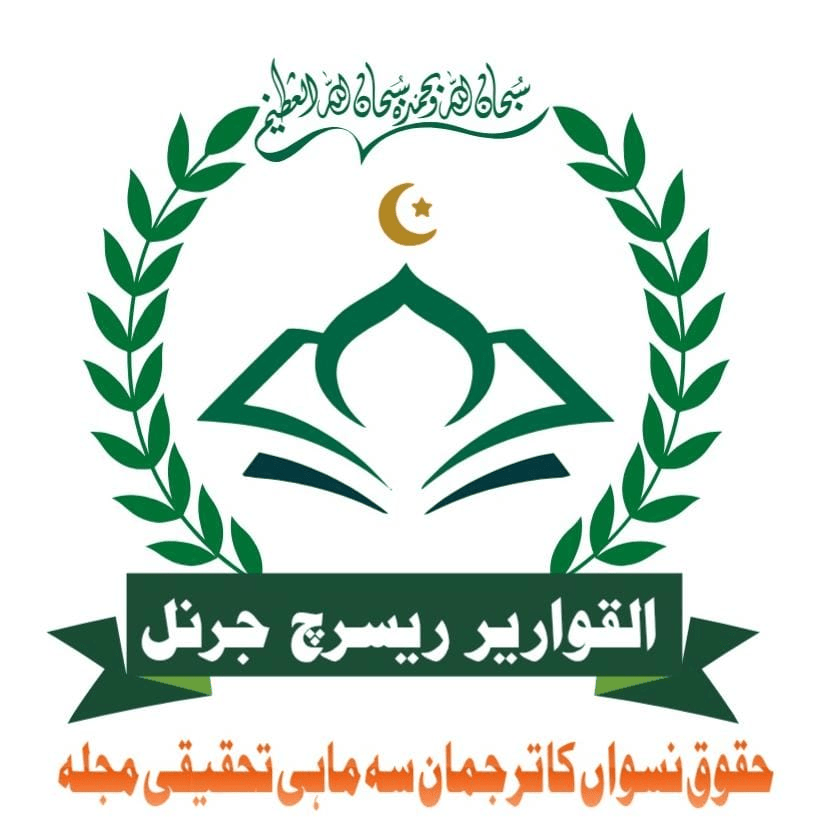Reza'at Women's means of livelihood in the Prophet's Era:Forms of Utilization in the Present Age
Keywords:
Prophetic era, women, economy, feeding, utilization OPEN ACCESS Al-Qawārīr pISSN: 2709-4561 eISSN: 2709-457X Journal.al-qawarir.com Al-Qawārīr - Vol: 05, Issue: 03, April – June 2024 19 Reza'at Women's means of livelihood in the Prophet's Era: Forms of Utilization in the Present AgeAbstract
If an infant drinks the milk of any Mahram or non-Mahram woman during infancy,
or if that woman breastfeeds him, in both ways, this process is called nursing.
Generally, the first food of a newborn child is his mother's milk. But Traditions
have also been part of history where a child receives this sustenance from a foster
mother rather than the birth mother. This practice existed in Arab society, where
professional nursing mothers were called Reza'a or foster mothers, in exchange
for this service, the child's parents used to work with the foster according to Arab
custom and family prestige and ability, which was paid through the income of the
foster women. This custom was in the Age of Ignorance and it was continued in the
Prophetic Age. The Prophet himself was fostered and he stayed with his foster
mother Hazrat Halima Saadia almost for five years. Nowadays, this prestigious
profession has been lost in the pages of history. It is a prestigious profession for
many women who want to continue their economic activities while staying at home.
This profession creates new relationships in the society, creates an atmosphere of
love, unity and respect in families and tribes. In today's societies, women need such
prestigious professions. This paper discusses the importance of nursing as a
dignified livelihood for women through the study of Prophet hood
Downloads
Downloads
Published
Issue
Section
License
Copyright (c) 2024 Dr Nabeela Falak (Author)

This work is licensed under a Creative Commons Attribution-NonCommercial-NoDerivatives 4.0 International License.




